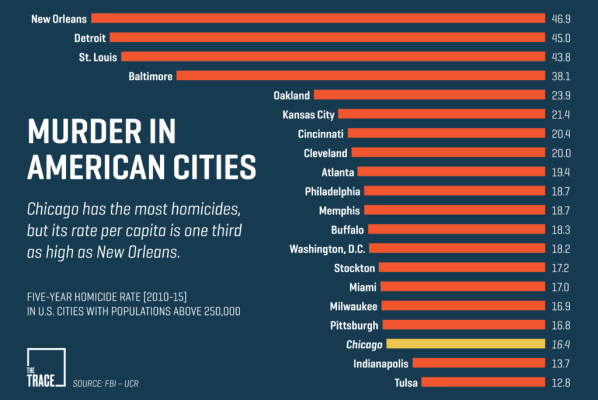unclemick
Give me a museum and I'll fill it. (Picasso) Give me a forum ...
Hmm - no govt. pension but lived in Seattle and suburbs, Denver, outside Baltimore, Long Island near Bethpage, Huntsville Alabama, New Orleans in town and 'da swamp' aka Lake Ponchartrain, St Joe MO and Kansas City.
Don't tell anyone - Kansas City is the best.
Heh heh heh - Of course marrying a hot young 67 yr old widow at age 70 'may' be altering my judgement.


 . The jury is still out for 'da Farm' up north near the Iowa line.
. The jury is still out for 'da Farm' up north near the Iowa line. 
Don't tell anyone - Kansas City is the best.
Heh heh heh - Of course marrying a hot young 67 yr old widow at age 70 'may' be altering my judgement.


 . The jury is still out for 'da Farm' up north near the Iowa line.
. The jury is still out for 'da Farm' up north near the Iowa line. 

